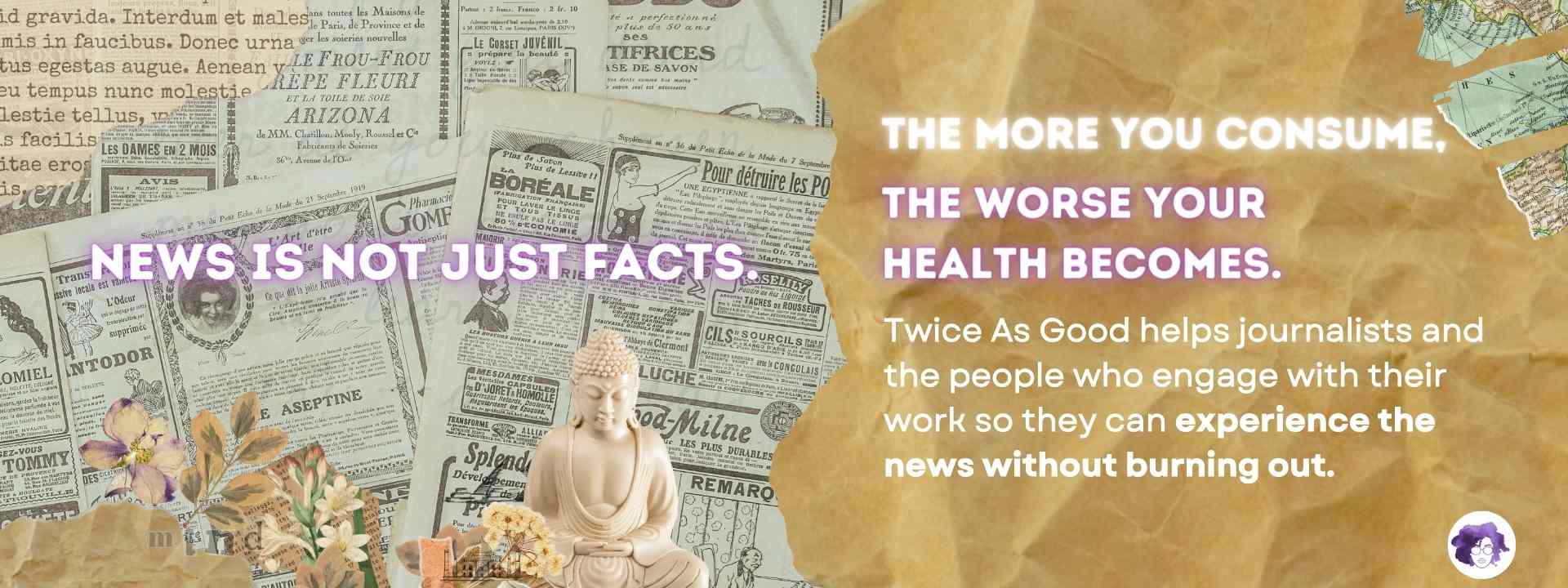
I’m going to do something radical in the journalism world–spend the next few weeks talking about one single thing because it’s important. The next few releases will be a series focused on the National Black Canadians Summit that led up to the second official celebration of Emancipation Day.
I’m going to do something radical in the journalism world–spend the next few weeks talking about one single thing because it’s important.
The next few releases will be a series focused on the National Black Canadians Summit at the end of July in Halifax, which led up to Canada’s second official celebration of Emancipation Day on August 1st.
It was a historic moment when the largest national gathering of its kind in Canada came to Halifax. The summit brought Black elders, youth leaders and professionals from across Canada to discuss various topics from innovation in technology to reforming the justice system, healing from racial trauma, creativity and expression through art, and a lot more.
A couple weeks ago I wrote about the pressure most journalists are under to churn out 2-3 stories per day, and how that creates an environment where important topics don’t get the time and follow up they deserve.
This upcoming series intends to honour the place of this event in Black Canadian history by giving it the time it deserves, and delivering to you a story that makes you feel nourished, informed, and empowered.
For now, if you didn’t know about the National Black Canadians Summit here are some articles on the details by CBC's Feleshia Chandler–who put the summit together, who attended, and what came out of it.


The summit brought to my attention how much of what we’re used to is non-African, from how we hold meetings, to how we eat, to how we talk, what’s considered polite, and it’s all the result of a society built on white superiority. It makes me wonder how else we could live our lives, and how we can dare to do things differently, even if it isn’t exactly logical.
That’s why I’m glad to announce that moving forward, Twice As Good will use a capital 'b' when addressing self-identified African descendants in Canada or elsewhere.
In 2020 and 2021, a wave of major mainstream media outlets decided to capitalize the ‘b’ in Black as a way of acknowledging their role in perpetuating a media system that tends to harm and exclude Black people as well as their needs and perspectives. The Associated Press and CBC even changed their official style guides.
As soon as the idea for Twice As Good hit me, this was a question on my mind, “to capitalize, or not to capitalize?” I leaned toward not capitalizing for these reasons:
However, through reading, reflecting, and conversing with elders and peers over the past nine months I’ve realized that with specificity in mind, the ‘b’ in Black, should be capitalized. It may not be purely logical, but given that language is not a science and logic does not equal truth, this one important fact brings us to this conclusion today:
Blackness is an experience.
It’s an experience people in North America have only when they identify as descendants of Africa, or when they are perceived as descendants of Africa (even if they actually aren’t). There are people from Africa (North African Arabs, for example) who do not experience Blackness when they come to live in North America. And yet still, all Black people do share certain experiences that we can only identify by using unifying labels.
So what do we call this shared experience if we’re actually not the same in colour, in birthplace, in ethnic origin, and to complicate things further, the experience in question is felt differently by different people?
We need some labels to connect the threads of our stories. That’s why capital ‘b’ Black has been an important tool in the struggle to achieve equity starting as far back as W.E.B. Du Bois in the 1920s when he began, and eventually succeeded in petitioning the New York Times to capitalize the ‘n’ in Negro the same way they did with other racial and ethnic groups at the time. It was an insult by whites, he rightly said, to refer to every other identity with a capital letter except the 8 million Americans who were descendants of the enslaved. “Negro” was seen as the respectful term until the civil rights movement started to transform the stigma around Blackness and embrace it.
Twice As Good stands proudly in solidarity with that tradition of groups and individuals who fought–and continue to fight–for the rights of those who experience Blackness in North America. One of the ways we can demonstrate that solidarity is by capitalizing the 'b' in Black.
